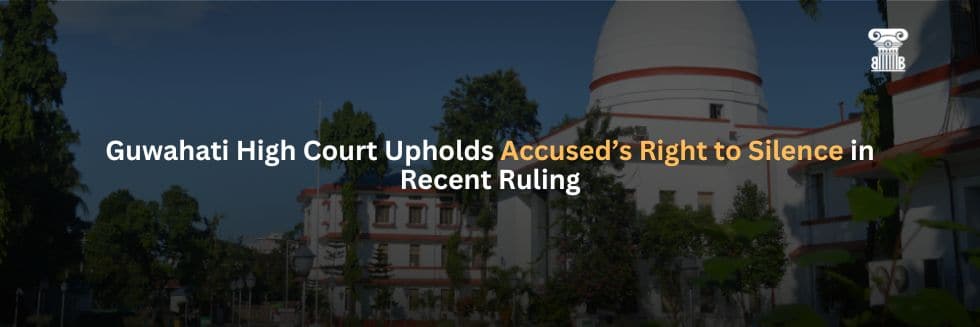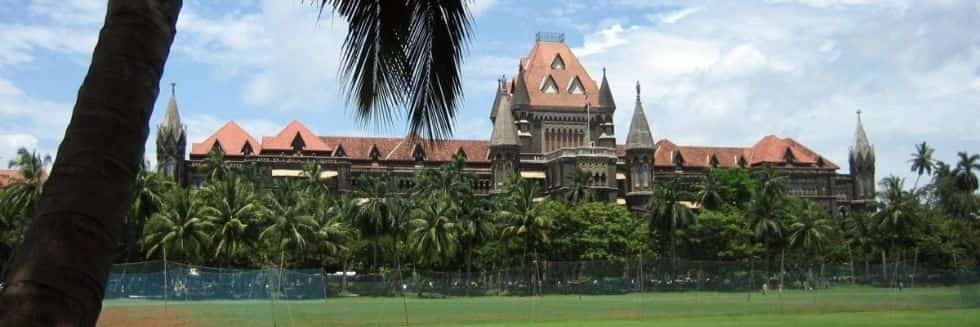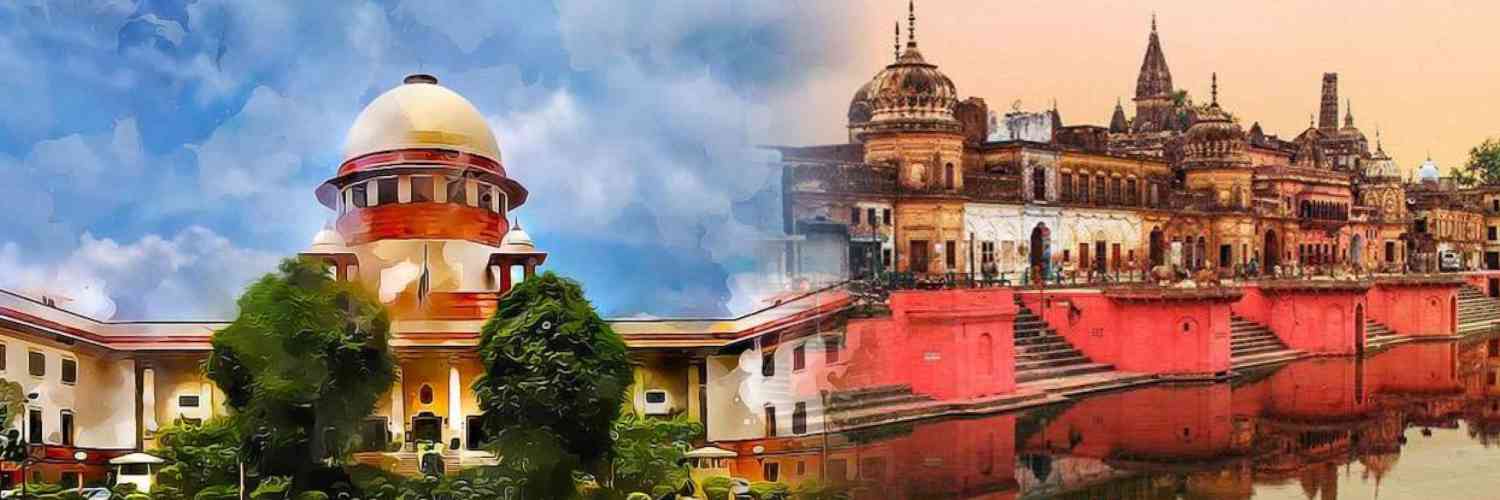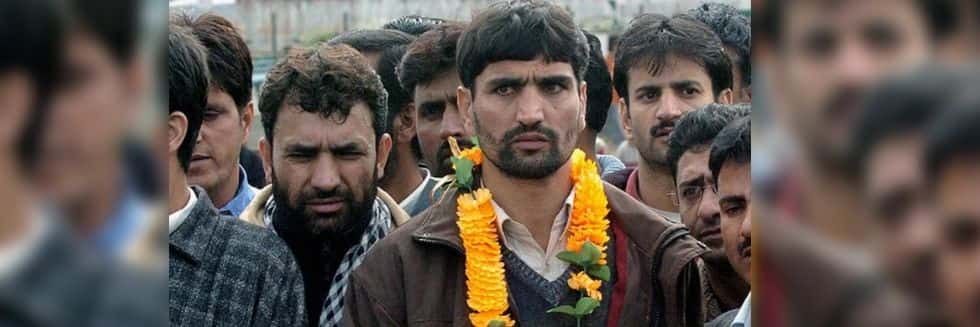In a recent ruling, the Guwahati High Court has reaffirmed the principle that an accused has the right to remain silent and that the burden of proof cannot be shifted to the accused under Section 106 of the Indian Evidence Act, 1872 (IEA), even when multiple witnesses to the crime were present.
The case in question, Sri Rajen Nayak v. The State of Assam & Anr., involved the appellant, who was accused of murdering the 26-year-old son of Smti. Sukurmoni Nayak. The appellant was alleged to have killed the young man using a dao over a dispute involving a catapult. Following the incident, Smti. Sukurmoni Nayak sought legal action against the appellant.
The appellant was subsequently charged under Section 302 of the Indian Penal Code, 1860 (IPC), which pertains to murder. The Trial Court found the appellant guilty and sentenced him to life imprisonment. Unhappy with the verdict, the appellant appealed to the Gauhati High Court.
The division bench of the High Court, consisting of Justices Kalyan Rai Surana and Mridul Kumar Kalita, observed that the burden of proof could not be shifted to the appellant to disprove the allegations and explain the circumstances surrounding the death of the deceased. This observation was made because the murder was allegedly committed in broad daylight and in the presence of multiple witnesses. The bench deemed the judgment of the Trial Court to be perverse and allowed the appeal.
The ruling brings into focus Section 106 of the IEA, which deals with the burden of proving facts that are especially within a person’s knowledge. This section is often invoked in cases of custodial death, dowry death, and in cases where an alibi is claimed. It serves as an exception to Section 101 of the IEA.
The objective of Section 106 is to ensure a fair trial by making it easier to prove all possible facts without burdening the accused with proving something that is impossible. It also provides the accused with an opportunity to rebut the presumption of facts derived from a series of facts.
For instance, if a person performs an act with an intention that differs from what the act’s character and circumstances suggest, the burden of proving that intention falls on him. This ruling by the Gauhati High Court serves as a reminder of this principle and underscores the importance of upholding the rights of the accused in the pursuit of justice.






